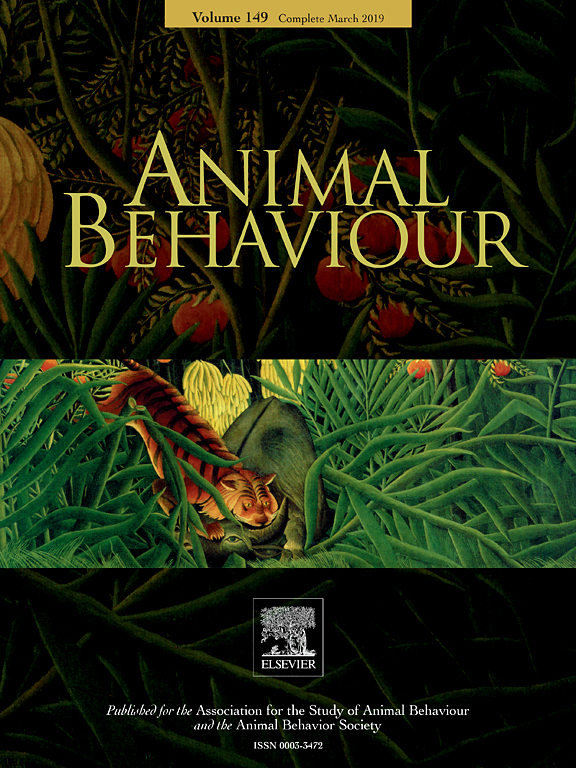A review of strategies animals might use to survive climate change featured in Animal Behaviour
MARCH 14, 2019
 Dr. Richard Buchholz, associate professor of biology and associate director of the Center for Biodiversity & Conservation Research, and graduate students in his Topics in Ecology and Evolution course, completed a literature review that appears in the April 2019 issue of the scientific journal Animal Behaviour.
Dr. Richard Buchholz, associate professor of biology and associate director of the Center for Biodiversity & Conservation Research, and graduate students in his Topics in Ecology and Evolution course, completed a literature review that appears in the April 2019 issue of the scientific journal Animal Behaviour.
Their review provides examples of the behavioral strategies that animals use to survive catastrophic weather events and to thrive despite climate extremes. The authors also suggest a research framework for animal behaviorists to study how the more frequent heatwaves, increased storm activity, longer droughts and larger wildfires predicted by climate scientists may impact wildlife populations.
“The ultimate goal of this review is to stimulate greater research interest in how to manage species and habitats so that they can continue to sustain themselves as the climate changes,” said Buchholz.
Stephanie Burgess, a doctoral student in the University of Mississippi Department of Biology, states, “Because my co-authors have diverse backgrounds within the field of biology, everyone brought a unique perspective to the review, resulting in a well-rounded and robust call to action for fellow biologists.”
The review paper includes recommendations for how to adjust the methods of behavioral studies to collect data of practical value to habitat managers and environmental policy makers.

Storks sucked into a storm by strong winds in the Etosha National Park. Photo courtesy of WikiCommons
“Half of the animal populations that have been studied show responses to warming temperatures that are not predicted by our current understanding of their physiology,” said Buchholz.
“We suspect that in some cases animals are more behaviorally flexible and innovative in preventing overheating than we expected.”
Given the global scope of climate change and the number of species that will become threatened, the paper’s authors propose that the help of citizen scientists will be needed to assist university and government researchers. They recommend that citizens collect videos of the responses of wild animals to weather threats and make them available to investigators worldwide in a proposed online internet archive.
The review paper is the third publication of the newly established Center for Biodiversity & Conservation Research at the University of Mississippi, and can be downloaded free of charge (before April 28, 2019) from the publisher’s website https://authors.elsevier.com/a/1YhjNmjLqK1Q.